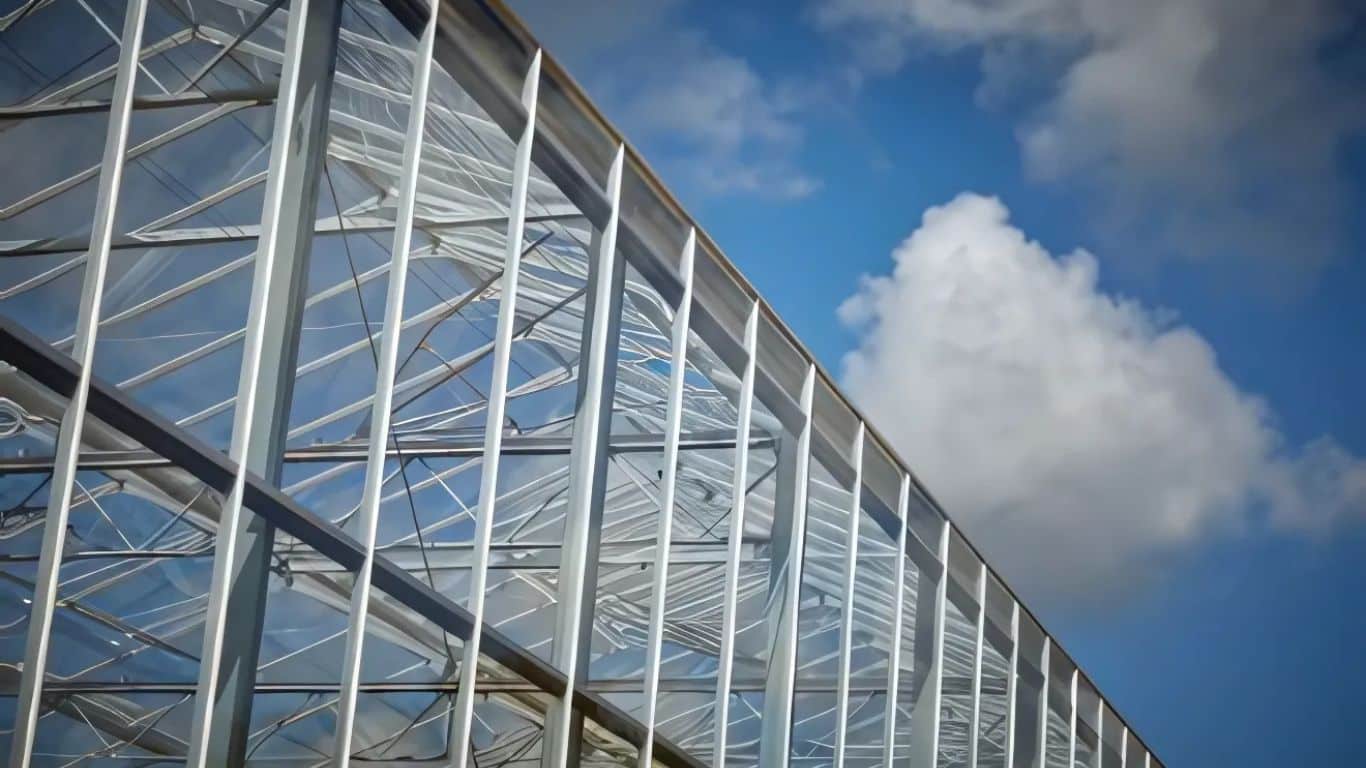Key Takeaways
- CambridgeHOK Project Overview: A £2 million glasshouse research and innovation facility is being developed at the University of Lincoln's Riseholme Park Campus.
- Sustainability Focus: The facility will incorporate geothermal ground source heating technology to support Net Zero food production.
- Collaborative Potential: Eligible businesses will have access to research infrastructure, academic experts, and innovation support services.
- Funding: The project is supported by a £1.33M grant from the Greater Lincolnshire Local Enterprise Partnership and £888,666 from the University of Lincoln.
- Broader Impact: The initiative aims to foster investment in sustainable glasshouse production, create jobs, and boost food security.
A Sustainable Vision for Agricultural Research by CambridgeHOK
CambridgeHOK (Profile) has been commissioned to design and build a state-of-the-art glasshouse facility for the University of Lincoln. Located at the Riseholme Park Campus, the facility will be part of the Lincoln Institute for Agri-Food Technology (LIAT) and will advance research and innovation in the UK’s food and farming sector.
A major highlight of the project is its focus on sustainability, including the use of geothermal ground source heating technology to minimize the carbon footprint. The facility aims to provide cutting-edge solutions for Net Zero food production, aligning with global sustainability goals.
Opportunities for Businesses and Students
The glasshouse will include independently controlled compartments, enabling multiple research projects simultaneously. Eligible businesses will have access to the facility’s research infrastructure, as well as academic expertise from the University of Lincoln. These resources will foster the development of new technologies, processes, and products for the agri-food sector.
Professor Neal Juster, Vice-Chancellor of the University of Lincoln, highlighted the broader benefits: “Working in conjunction with industry, we can deliver success by attracting and supporting investors. By working together locally and with the government, we can deliver much more investment, innovation, job creation, and food security.”
Professor Simon Pearson, Founding Director of LIAT, emphasized the facility’s potential to drive sustainable practices: “Our aim is to unlock substantive investment in glasshouse crop production across the GLLEP. These investments need viable Net Zero solutions for growers to reduce energy costs and carbon emissions.”
Collaboration and Innovation
The project, funded through a £1.33 million grant from the Greater Lincolnshire Local Enterprise Partnership (GLLEP) and a £888,666 investment by the University of Lincoln, represents a collaborative effort to support Greater Lincolnshire agriculture.
Patrick Harte, Joint Managing Director of CambridgeHOK, expressed pride in being part of the initiative: “We feel privileged to be involved, as it allows our team to truly innovate and bring something new to the table.”


